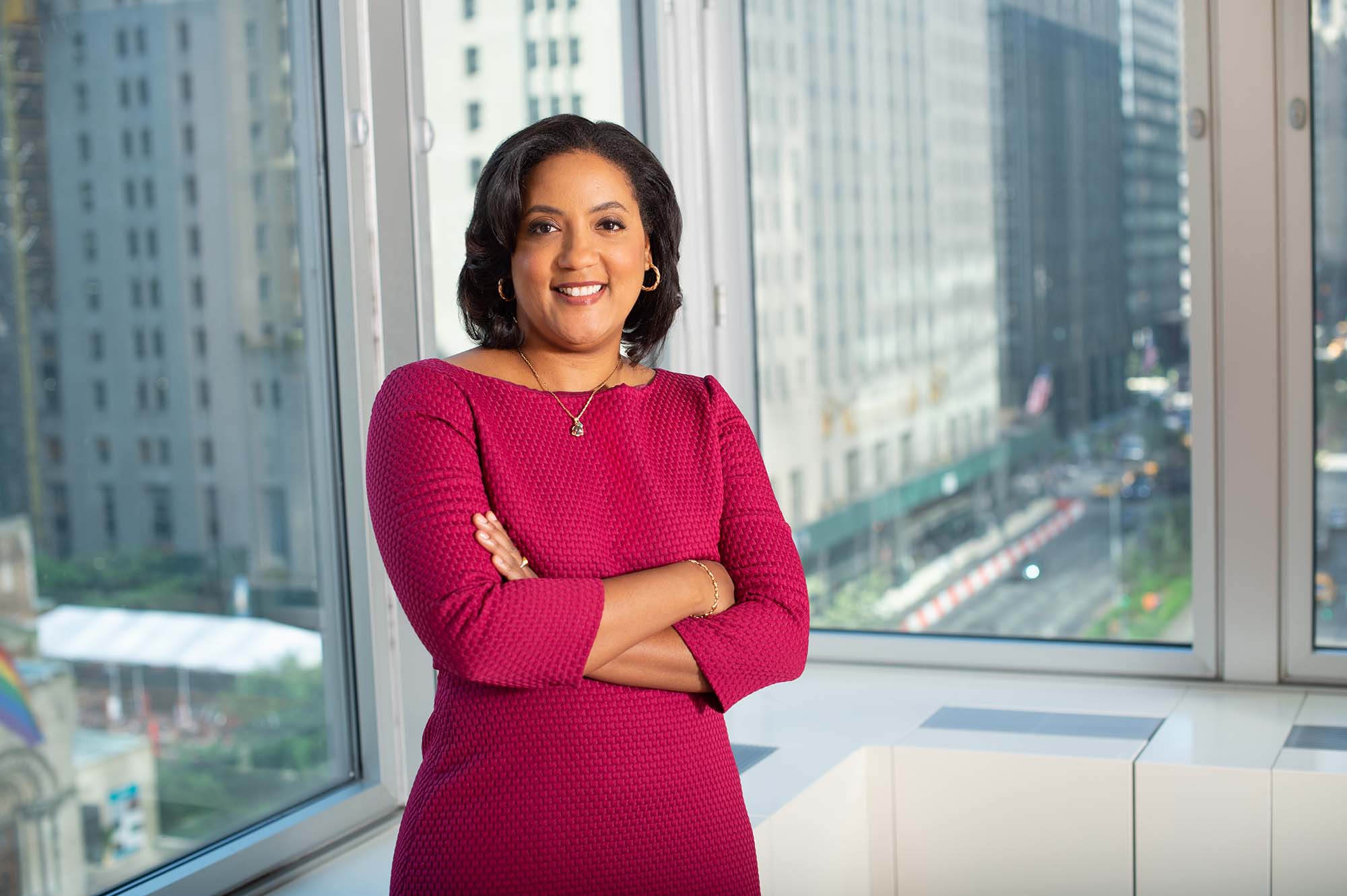
Smith-Francis, consultant for Egon Zehnder and career coach at Columbia Business School, shares how she got into the coaching space and the lessons she’s carried with her throughout her career.
by Elizabeth Loutfi-Hipchen
December 18, 2019

How did you start your career in learning?
I got into coaching rather unexpectedly and was surprised by how much I loved it. I started by advising nontraditional applicants to elite business schools, to help them understand how to tell their story in a context that was totally unfamiliar to them. I transitioned into leadership development as a natural extension. Business school was not my ultimate focus — it was supporting others in reaching their potential. I’m an executive coach who has recently transitioned to executive search and leadership advisory firm Egon Zehnder, where I hope to leverage my experience in identifying strong leaders and supporting them in their integration and development.
What attracted you to learning and development?
It’s incredibly rewarding to see that you’re making a difference in a person’s life — especially when they’re a leader. The more effective they are, the better for everyone they work with. It’s multiplying the impact you can have.
What is your favorite part of being a coach?
It’ll sound cliché, but leadership is lonely. It’s an incredible privilege to sit with someone who feels safe enough to tell you what’s really going on with them and work together to help them move closer to their goals.
What lessons helped you get to where you are now?
Be willing to take on a challenge before you think you’re ready. I typically need to be talked into taking on a new challenge, so this advice is something that I have needed to hear. There are many leaders who would prefer to wait for the moment they feel fully competent before saying yes to something, but those moments may be few and far between and mastery of a new task is not possible. If you’re wired like I am, it’s helpful to reframe your idea of risk and trust your ability to work hard and figure things out — and you don’t have to do it alone.
What’s your most important piece of career advice?
From Martha Beck, with whom I did my first coach training: “If anything is worth doing, it’s worth doing badly.” It’s freedom from perfectionism and a reframing of what learning really entails. You’re not going to be good at something the first time you try it. This is often a painful reality for high achievers.
What soft skills are most sought after in leadership nowadays?
In order to get things done, leaders must be able to connect with others — clients, subordinates, partners and colleagues. That starts with the ability to listen. Listening requires slowing down, suspending your own agenda and tuning in to what is being said and not said. It’s about understanding the music and the lyrics of what people are communicating. Beyond that, I’d say demonstrating empathy. You don’t always have to agree with someone’s perspective, but showing that you hear what they’re saying and understand where they are coming from in terms of emotion and logic will get you a long way in your ability to work with them.





